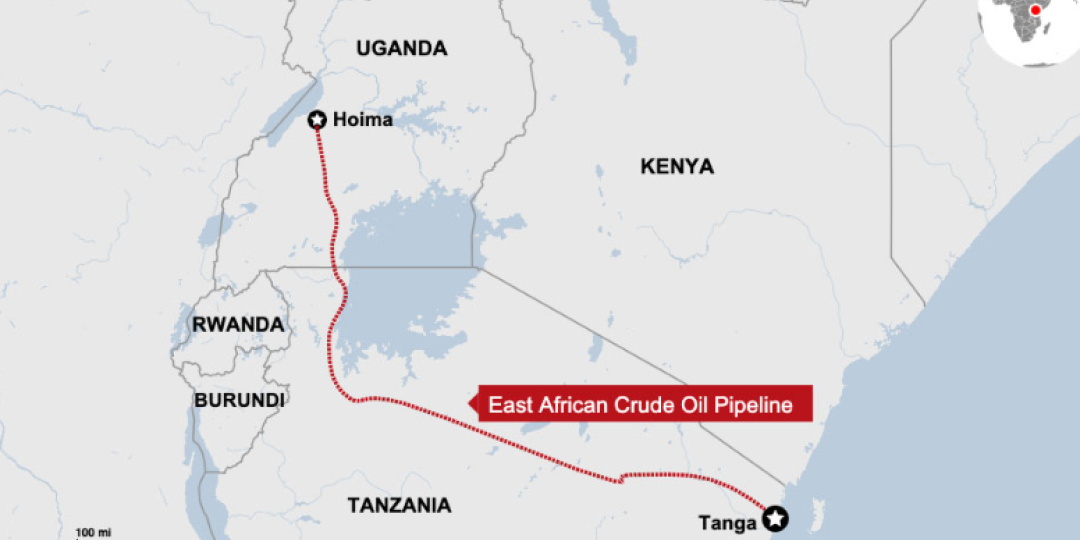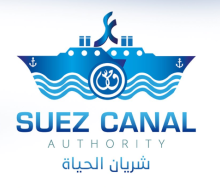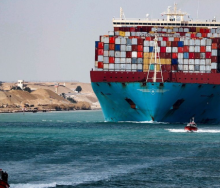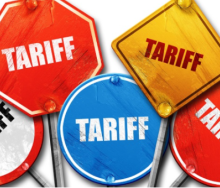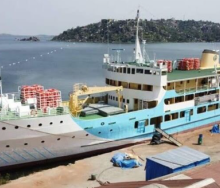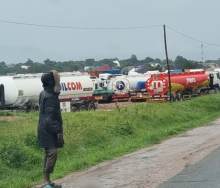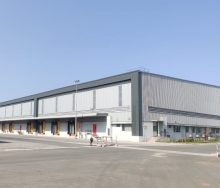The planning for one of the most significant fossil fuel infrastructure projects under development globally, the planned East African Crude Oil Pipeline (Eacop), is being thwarted by environmental protesters and objectors in Uganda.
In a report released earlier this week, Human Rights Watch (HRW) said the protesters were objecting to both the construction of the pipeline and the alleged treatment of the people in Uganda and Tanzania who will lose their land for the oil developments.
The report said many protesters have told HRW that the constant threats from local government and security officials make it more difficult to provide support for those who have lost land.
They claim Ugandan authorities detain and arrest activists and human rights defenders on politically motivated charges.
The project is one of significant scale, states the report.
It will include hundreds of wells, hundreds of kilometres of road and other infrastructure, and a 1 443 kilometre pipeline – the longest heated crude oil pipeline in the world.
The pipeline will connect oilfields in western Uganda with the port of Tanga in eastern Tanzania.
French fossil-fuel company TotalEnergies is the operator and majority shareholder, alongside China National Offshore Oil Company and the state-run Ugandan and Tanzanian oil companies.
The Intergovernmental Panel on Climate Change, the world’s leading authority on climate science, and others have warned that no new fossil fuel projects can be built if the world is to reach Paris Agreement goals and limit the worst impacts of climate change.
